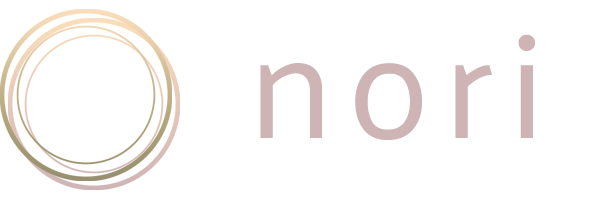The Power of Reflection: Achieving Health Goals
The journey to success is never linear. The ups and downs are part of growth, paving a path towards what works for each person and condition. When it comes to a complex disease such as IBD, it’s important for both the patient and the treatment team to regularly reflect in order to assess and adjust the effectiveness of the care plan.
The road to reflection
Regardless of wanting to decrease pain or increase energy levels, regularly reflecting on progress is key for reaching the goal. By taking time to assess what’s working and what isn’t, patters can be identified and present opportunities for change. However, the road to reflecting is not set in stone. Meaning there is no set situation or path to success. Tripping and falling is part of the path towards growth. So take the first step by learning short-term and long-term reflective styles.
Short-term reflection
Reflecting on progress is both beneficial in the short term and the long term. Reflecting on single experiences can even lead to value and learning. For example, say the goal is to increase energy but there is morning exhaustion. Taking a moment to consider what happened the previous night can give insight into the situation.
Was bedtime shifted? Was there a late night meal that caused digestive issues? Did the previous day present some very stressful challenges which lead to ruminating about the work day instead of deep breathing? Consider these questions, non judgementally.
Long-term reflection
Repeated reflection can create a more meaningful long-term impact. For example, by keeping a daily food journal for a few weeks, trends such as overeating at night after skipping breakfast may help decrease triggering symptoms at night. Another way to reflect over a longer timeframe to assess if patterns are re-occurring. In this case, it can help to take some distance from the day to day habits, by taking a holiday or getting into nature.
Consider going for a walk alone or through a practice called forest therapy to clear thoughts and consider the bigger picture.
ERA method for achieving goals
A more systematic way of reflecting is through the ERA model (experience, reflection, action). This can be applied as a basic process for reflecting on and creating change. For example, if the goal is to decrease flare-ups from three times per month to no more than once per month: the experience would be the flare-up, the reflection would be writing in a journal once per week, and the action would be to address this by setting an alarm as a bedtime reminder.
Sustainable steps to success
To keep reflection and growth on an upward path, practice these sustainable steps to success.
Reflect on a regular basis
Reflecting helps reinforce what’s working and what’s not. Use what’s not working to help understand what to change. Consider what the tough times are teaching. Focus on what is working well to keep going with it! Make sure to celebrate these along the way.
Make milestones matter
Shifting a “mountainous” matter into a milestone can make it a lot easier to take on. Set consistent check-ins in order to assess your progress. The Nori Health app helps you do this by checking in with tips on a weekly basis and quality of life scores on regular intervals.
Get creative with challenges
Susan David, PhD, psychologist and author of Emotional Agility puts it perfectly: “emotional agility is a process that allows us to be in the moment, changing or maintaining our behaviors to live in ways that align with our intentions and values.” Meaning that challenges can teach a deeper message which will help in the long run. So rather then thinking of a challenge as a block, consider it a teacher.
Power of reflection for IBD care
IBD is a high-burden disease which scientific questionnaires indicate includes lifestyle related concerns that require regular assessment, both from the patient and the care team. For the treatment team, reflection of patient care is essential for learning and developing the patient care plan, including readjusting medication and lifestyle recommendations. This is a perfect opportunity for a creative approach to care such as treat-to-target which includes setting goals and monitoring them along the way.
Nori Health as a tool for reflection
Nori Health helps both the patient and practitioner take control of the condition through the power of reflection. The 6-week program will help encourage discovery, understand the causes of stress, pain, and fatigue. Reflect on the regular and receive tips for long-lasting relief with the Nori Health program.
This article has been written by Lisa Booth, registered dietitian and nutritionist, and co-founder of Nori Health. Content is based on her professional knowledge and our collection of 100+ scientific research study papers.


